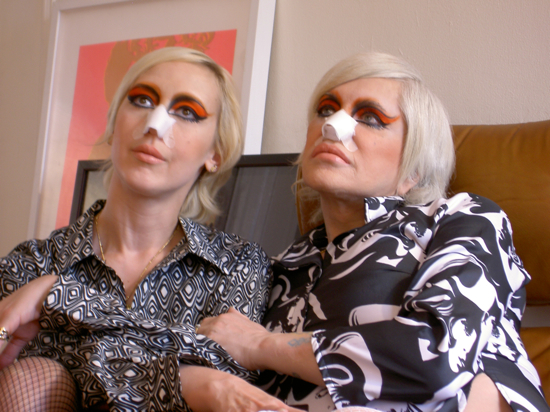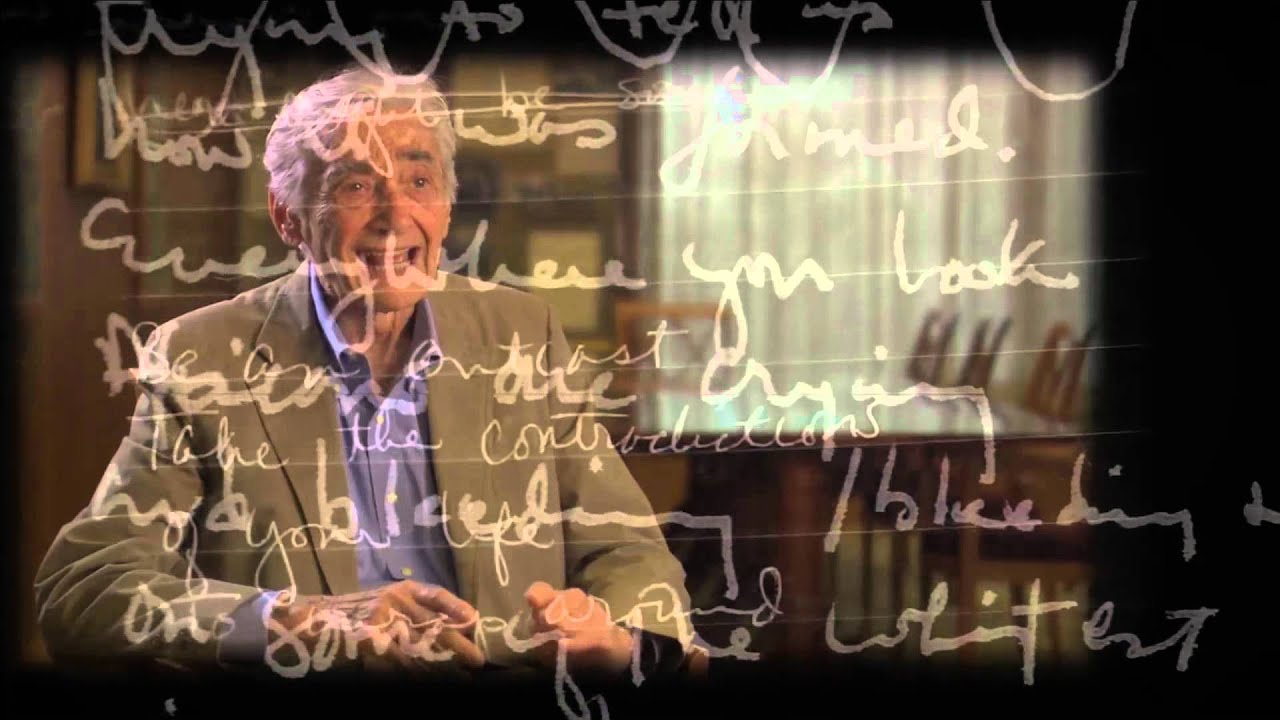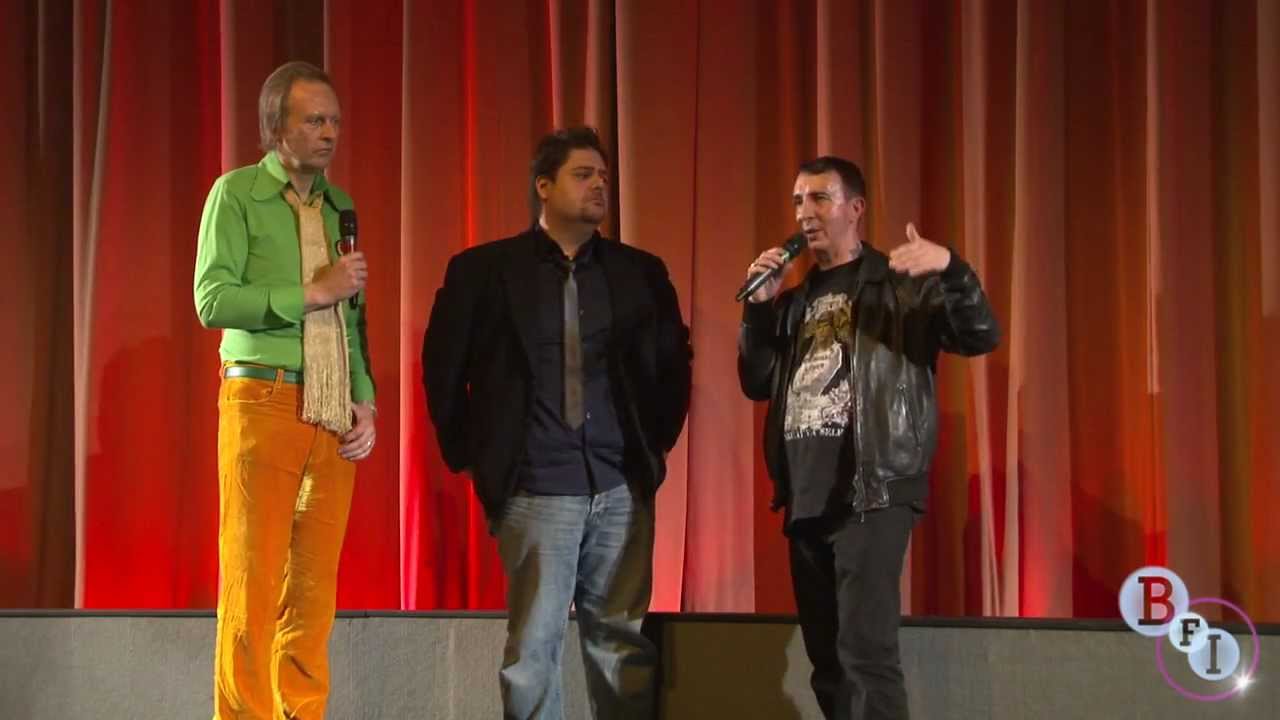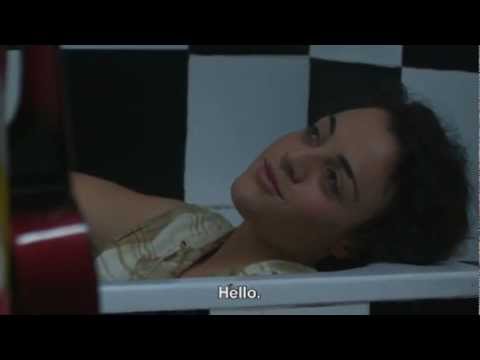As the 26th BFI London Lesbian & Gay Film Festival closed last Sunday at the BFI Southbank, one could be grateful for a number of things, not least the unseasonably balmy weather and the enthusiasm with which the LGBT community embraced the programme, both of which cast a warm glow over the proceedings.
Flash back a year to the 25th anniversary festival, which should have been a joyous celebration of a quarter century of queer cinematic culture, but instead was a seven-day austerity festival with an uncertain future, the legs pulled out from under it by government funding cuts to the BFI, itself the custodian of Britain’s cinematic heritage. What a drag that was, no pun intended.
Having lived to fight another year, the festival returned to a near full-strength 10 days, enough to allow multiple screenings and events, but not so much that supply would exceed demand. The sun shone, the Dyke March returned and the queer community had something to celebrate again. If the LLGFF is something of an anachronism in retaining the moniker ‘lesbian and gay’, it has certainly reached beyond that binary to embrace other aspects of the LGBT community, which has expanded markedly over the last 26 years.
A certain reflectiveness might be in order, such as that evinced in the documentary Vito, about film historian and activist Vito Russo, who noted that public attitudes to homosexuality were formed by mass media and especially films. His groundbreaking book The Celluloid Closet dissected anti-gay themes prevalent in the movies, as well as teasing out hidden queer characters. He could only have dreamt of a day when researching LGBT cinema would be as simple as doing a web search, or indeed visiting the BFI’s Mediatheque and new library on the Southbank.
Another champion of civil rights was celebrated in the world premiere work-in-progress screening of Pratibha Parmar’s Alice Walker: Beauty In Truth, which gave the veteran director a chance to take the spotlight and discuss her decades-long history with the Pulitzer-winning writer, a close friend. Although the Q&A was cut short by a fire alarm that emptied the venue, a selection of seven clips was screened, which included interviews with and readings by Walker and comments by Jewelle Gomez, Quincy Jones and Steven Spielberg. Parmar hopes to complete work on the film in the autumn.
The previous evening the same director hosted a programme comprising her 1991 doc A Place Of Rage, accompanied by two new shorts made for an upcoming DVD release. Though two decades old, the interviews with Walker, Angela Davis and the late June Jordan still hit home, as they explain the motivation behind their activist work and writings as African-American women. Not everything has changed for the better, as Parmar noted that, although the film was commissioned by Channel 4, nowadays it would definitely not be possible to get either the funding or the platform for such a work on British terrestrial television.
That her Walker film is being funded by a combination of US sources and crowd-funding is a sign of the times, and there was a paucity of UK features this year. The one exception was Campbell X’s Stud Life, a comic drama grounded in black London butch and femme culture. As ‘stud’ JJ ponders her complicated relationships, she gives a running commentary to YouTube, a nod to modern social media.
In the future, directors may need to go online to create virtual worlds, a point made explicitly in Ben Walters and Gavin Butt’s This Is Not A Dream, which traces the breakthrough of queer voices into the realm of alternative television, from cable in the 1970s to today’s YouTube ‘stars’.
The perils of stardom are at the heart of Kieran Turner’s profile Jobriath A.D., which got its first screening outside of the USA. While Jobriath’s brand of 1970s pomp rock is not to everyone’s taste, his story is a cautionary tale. Calling himself "the true fairy of rock and roll", Jobriath was openly gay at a time when many of his contemporaries were hinting at bisexuality to seem daring. But it backfired spectacularly, as low sales saw the musician dropped by his record label and Svengali manager Jerry Brandt. Re-emerging in the early 1980s as a piano bar singer called Cole Berlin, Jobriath finally seemed to have found his calling, before he fell ill and died of complications from AIDS in 1983. Appearing at the post-screening Q&A with Marc Almond, Turner was curious to get audience feedback on whether Jerry Brandt is the villain of the piece, and a show of hands indicated a pretty even split of opinion.
One performer who has survived the ups and downs of the music industry is Patty Schemel. Hit So Hard: The Life & Near Death Story Of Patty Schemel (directed by P. David Ebersole) is an emotive and illuminating portrait of her rise to prominence as the drummer in Hole, subsequent fall into drug addiction and homelessness, and the journey back. Its strength is the priceless Hi8 footage Schemel shot on tour with Hole in the ’90s. Yes, there is sex and drugs and rock ‘n’ roll. But, there are also unexpectedly tender scenes of her friend Kurt Cobain tending to baby Frances Bean with Courtney Love. “That’s who I knew, that person,” she explained. Now clean for some years, Schemel beat the odds to marry her girlfriend, have a baby and start a dog-walking business in Los Angeles. She is also playing in new group The Cold & Lovely and musing on a stand-up comedy ‘thing’ she’s been asked to do. Her timing and facial expressions at the post-screening Q&A indicated that this is not such a far-fetched career shift. And the impromptu autograph session afterward showed there is still an audience for Hole in its genuine incarnation, should Ms. Love Cobain be willing.
The family is always fertile ground for queer comedy and drama. The Perfect Family, Anne Renton’s sly take on a would-be white picket unit coming apart at the seams, is also a comic masterclass and satire on religious fervour. It stars Kathleen Turner as a devout Catholic and also features Richard Chamberlain, in a piece of ironic casting, as a Monsignor. A host of clever one-liners and a genuinely moving performance by Turner in what could have been a horrendously unsympathetic role make this a delight.
Religious fervour of a different stripe is on show in Maryam Keshavarz’s Iranian drama Circumstance, in which best friends Atafeh and Shireen negotiate the conflicting demands of religion and nightlife. This being Teheran, both options are possible, but the stakes are high for those who get caught doing anything un-Islamic, which includes the budding romantic relationship between the girls. Aside from one hilarious sequence in which the friends dub Sex And The City into Persian, the film is largely a tension-building affair, as Atafeh’s increasingly paranoid and devout brother Mehran intrudes into the girls’ relationship, forcing her to make a decision about her future.
Growing pains are also at play in Baldvin Z’s Icelandic coming out drama Jitters, which marks him as a talent to watch. Sensitive teen Gabriel has a romantic encounter with fellow student Markus while on a school trip to Manchester and, on his return home, finds himself called upon to solve all of his friends’ problems while keeping his own uncertainty at bay. The film manages to give free rein to teenaged passions, especially drink and sex, while at the same time allowing the kids intelligence and sensitivity. The adults are shown to be out of touch with their offspring, while trying to be authority figures, which rings true to a teenager’s point of view.
Gender identity and sexuality are at issue in US potboiler Gun Hill Road, helmed by Rashaad Ernesto Green. Seventeen-year-old Michael (Harmony Santana) is doing the usual teenaged stuff, as well as attempting to transition by sneaking off to buy hormones from a local dealer. When dad Enrique (Esai Morales in a towering performance) is released from jail and returns home to find his little boy has changed, trouble is well and truly afoot.
Gender-merging is the order of the day in The Ballad Of Genesis And Lady Jaye, which features the intriguing premise that its titular couple sought to fuse themselves into one being: the Pandrogyne. Though Genesis Breyer P-Orridge’s voiceover provides the narrative flow of Marie Losier’s doc, many questions go unanswered. Instead the camera lingers on P-Orridge, mugging, showing off implant-enhanced breasts, performing turns and recounting scandals past. Lady Jaye remains in the background, breezing in and out of shot and saying almost nothing. Perhaps Genesis Remembers would be a more fitting title, as Lady Jaye is no longer with us.
Not everyone feels covered by the gender binary of male and female. Girl Or Boy, My Sex Is Not My Gender, Valérie Mitteaux’s portmanteau documentary, presents four individuals born biological women who now identify as men or none of the above, among them Lynnee Breedlove, ex-singer of dyke band Tribe 8. Mitteaux said her film was meant to break out of the box and look beyond binary gender identity, and audience members testified to the limits placed on identity by the state, people’s imaginations, and indeed the language we speak. There was also the fascinating suggestion that female politicians take male hormones for added power. Mitteaux even said she could see it becoming “trendy”.
Perhaps affirming the outside status of the queer nation, running from the law was a recurring theme this year, featuring in the festival opener Cloudburst as well as Joe + Belle, one of the finds of the ten days. Veronica Kedar’s Israeli comic drama sees drug runner Joe going on the run with psychiatric patient Belle, who had broken into the former’s flat in order to commit suicide. Joe’s reaction to finding this stranger in her bathtub, razor in hand, is exquisitely deadpan, setting the tone for the rest of the picture. As they get deeper and deeper in trouble with the law, their relationship also deepens, setting up a most cryptic finale.
If the revived Dyke March arriving at the Southbank gave Saturday night an Amazonian feel, then the onscreen double bill added the sex. Mommy Is Coming, Cheryl Dunye’s latest, is a screwball comedy with the emphasis on the screw. Gender-bending, a fish out of water heroine, and adopted identities provide the humour, while visits to a sex club, allied with atrociously bad acting, give it that authentic porn feel. The companion piece, Marit Östberg’s Sisterhood, is a navel-gazing look at the director’s gang, who make queer feminist porn in Berlin. The panel afterwards allowed programmer Naz Jamal to make a heartfelt appeal for a revival in queer feminist sex-positive activism in London. Dykes just don’t do sex without the politics.
With the BFI reorganised and Clare Stewart in place as the newly constituted director of exhibitions, the future of the LLGFF seems assured. Resourcefulness has always been in the queer character and a few scarce pounds shouldn’t stop the Greatest Show on Earth. Indeed, one development of last year’s curtailed festival was the launch of Fringe!, a queer film festival in the People’s Republic of Hackney, which is returning this year with four days of parties, screenings and events starting from April 12. The show goes on.







